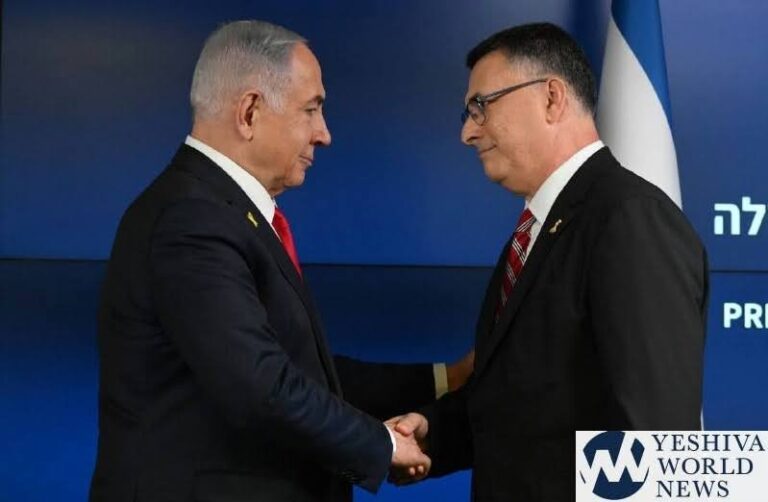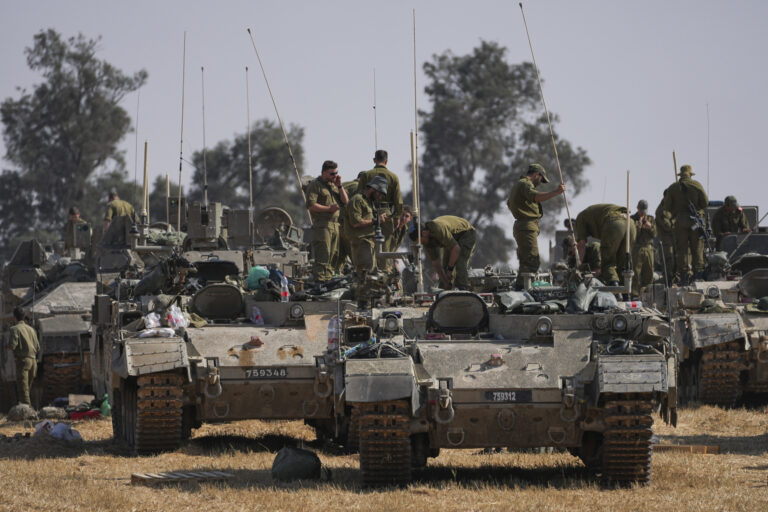European Union foreign ministers on Monday debated ways to counter the threat of a possible new Russian invasion of Ukraine and what measures to take if Moscow decides to send its troops across the border.
U.S. intelligence officials say Russia has moved 70,000 troops toward Ukraine’s border and is preparing for a possible invasion early next year. Moscow denies it has any plans to attack Ukraine and rejects Western concerns as part of a smear campaign.
“The European Union stands united in support of Ukraine’s sovereignty and territorial integrity,” EU foreign policy chief Josep Borrell said after chairing the meeting. “Any aggression against Ukraine will come with political consequences and with a high economic cost for Russia.”
Borrell said no decisions about sanctions against Russia were taken but that the ministers discussed what measures they might take should an invasion happen and how the EU would coordinate with the United States and Britain.
Lithuania warned that Russia’s troop movements of late were no mere menace.
“We are convinced that Russia is actually preparing for the all-out war against Ukraine,” Lithuanian Foreign Minister Gabrielius Landsbergis said.
If carried out, it would be “an unprecedented attack on a country that shows a Western direction. That means that the answer has to be unprecedented from the Western countries as well,” Landsbergis said.
But the EU’s big powers, France and Germany, and other members of the 27-country bloc further from Russia’s borders do not share the same assessment as the U.S., Poland and the Baltic countries of Estonia, Latvia and Lithuania. They acknowledge Russia’s troop movements but do not consider an attack imminent.
In 2015, France and Germany brokered a peace agreement that helped end large-scale hostilities in Ukraine’s east, where Ukrainian forces have been fighting Russia-backed separatists since 2014, when Russia annexed Ukraine’s Crimean Peninsula.
Efforts to reach a political settlement to the separatist conflict, which has killed more than 14,000 people in seven years, have failed. Sporadic skirmishes continue along the tense line of contact. Russia so far refuses to meet France and Germany for more peace talks on the conflict.
Monday’s meeting was a prelude to a busy week of diplomacy in Brussels focused on Ukraine. EU leaders meet Wednesday with their counterparts from Ukraine, Armenia, Azerbaijan, Georgia and Moldova. An EU summit on Thursday will also focus on what actions might be necessary.
(AP)











